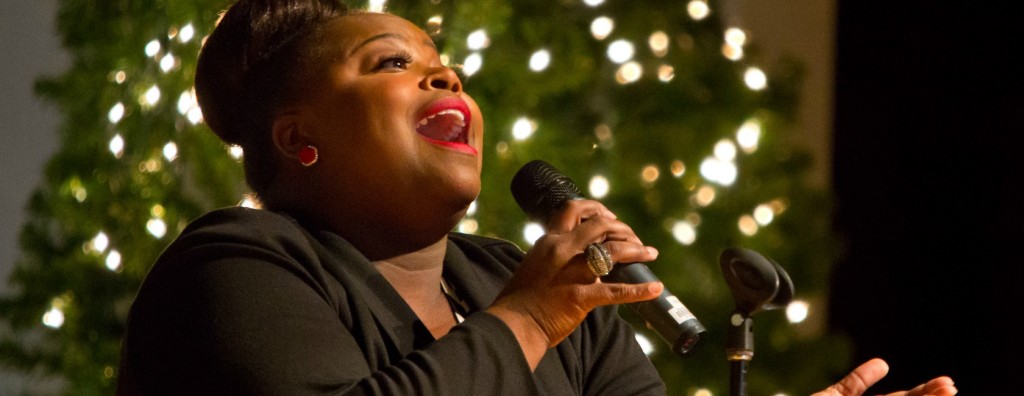Page 56 • (990 results in 0.134 seconds)
-
By:Genny Boots '18 April 20, 2018 0 Discovery https://www.plu.edu/resolute/spring-2018/wp-content/uploads/sites/26/2018/04/michelle-cynar-cover-1024x427.jpg 1024 427 Genny Boots '18 Genny Boots '18 https://secure.gravatar.com/avatar/19bfb9cee2f834144d56bb2017bb5742?s=96&d=mm&r=g April 20, 2018 May 17, 2018 Discovery AccoladesLearn more. Lute LibraryLearn more. BlogsLearn more. Michelle Ceynar was the first in her family to attend college, and now she’s a professor of psychology at Pacific
-
, number of fatalities, etc., by country and region: https://covid19.who.int And, if you don’t mind his language/humor or his political critique, Dr. Shah recommends John Oliver’s segment on the WHO, which does a good job of explaining its funding, the purpose of US contributions, etc. https://youtu.be/7g0Jh4h5E1ENovember 4 It’s Like Herding Chickens: Social Psychology and the Understanding of Non-compliance with Pandemic Health-Directives Dr. Michelle Ceynar, Professor of Psychology Dr. Corey Cook
-
Concept Analysis: “Healing is an intervention, an outcome, and a process, and at times, all three. It also describes an ability or power, energy, and cleansing of grief, trouble, or evil. The concept is relevant in a wide range of disciplines, including medicine, nursing, psychology, public health, education, religion, and spirituality. Healing occurs in multiple dimensions—physical, mental, emotional, spiritual, familial, social, communal, and environmental. Healing occurs at multiple levels from the
-
programs section), Engineering Dual Degree program (located in the undergraduate courses and curricula section), and the STEM Education Minor (also located in the undergraduate courses and curricula section) for related programs. Descriptions of specific course offerings and degree requirements offered within the College of Natural Sciences are listed under: Biology Chemistry Computer Science Earth Science & Environmental Studies Mathematics Physics Psychology STEM Education The following courses are
-

2022 Senior Capstone Portfolios See all the projects and art that our Art and Design seniors have created. Meet Our Students Natalee AalagaardBFA, Studio Art | BS, Psychology | Theatre minor Art is a representation of an individual and a means to communicate. Natalee wants to portray that same love of learning and acceptance to everyone that she admires. Their work is an expression of freedom.Portfolio Lydia BoorsmaBFA, Studio Arts Born and raised in rural Minnesota, Lydia is passionate about
-

words and my thoughts into this one.” Aikin has won awards with her powerhouse voice, including two Stellar Awards for her previous release, a self-titled album from January 2009. While a student at PLU, Aikin performed in University Chorale and the Choral Union under Director Richard Nance. Aiken graduated in 1997 with a degree in Biology and Psychology. After working as a nurse in the greater Tacoma area for several years, she decided to try out for the first season of the American Idol-esque BET
-
week) during spring semester. Students entering their second year of fieldwork are expected to complete a minimum of 320 per semester (2~1 hours per week), 640 hours for the year. Students must be available for field placement during regular business hours M-F 8:00-5:00. Securing an internship outside of regular business hours is NOT usually possible and is NOT guaranteed so students must plan to have two days per week available for their foundation year field placement. (If Field Plan responses
-
Brue Endowed Scholarship, the Donald F. Reiman Scholarship, the Peterson Endowed Scholarship, and a Senior Award to the senior economics major with the highest grade point average. More information about these awards may be found here. Omicron Delta Epsilon Honorary Society PLU sponsors the Eta chapter of ODE. This society is another mark of an excellent program and the effort made by the faculty to recognize and reward outstanding work by students. Membership is open to a junior economics major
-
community organizations across the nation in the effort to celebrate and promote the untold stories of Latino/as in the United States. Film screening and discussion about “The New Latinos (1946-1965)” from the documentary series The Latino Americans: 500 Years of History. Panelists: Dr. María Chávez-Pringle, Dr. Emily F. Davidson, and Dr. Carmiña Palerm Small-group Discussion Leaders: Members of Amigos Unidos *Latino Americans: 500 Years of History has been made possible through a grant from the
-
being met, including that the employer possesses and maintains the ability and resources to provide structured and guided work-based learning experiences consistent with the Form I-983 Training Plan. See 8 CFR 214.2(f)(10)(ii)(C)(11)
Do you have any feedback for us? If so, feel free to use our Feedback Form.


